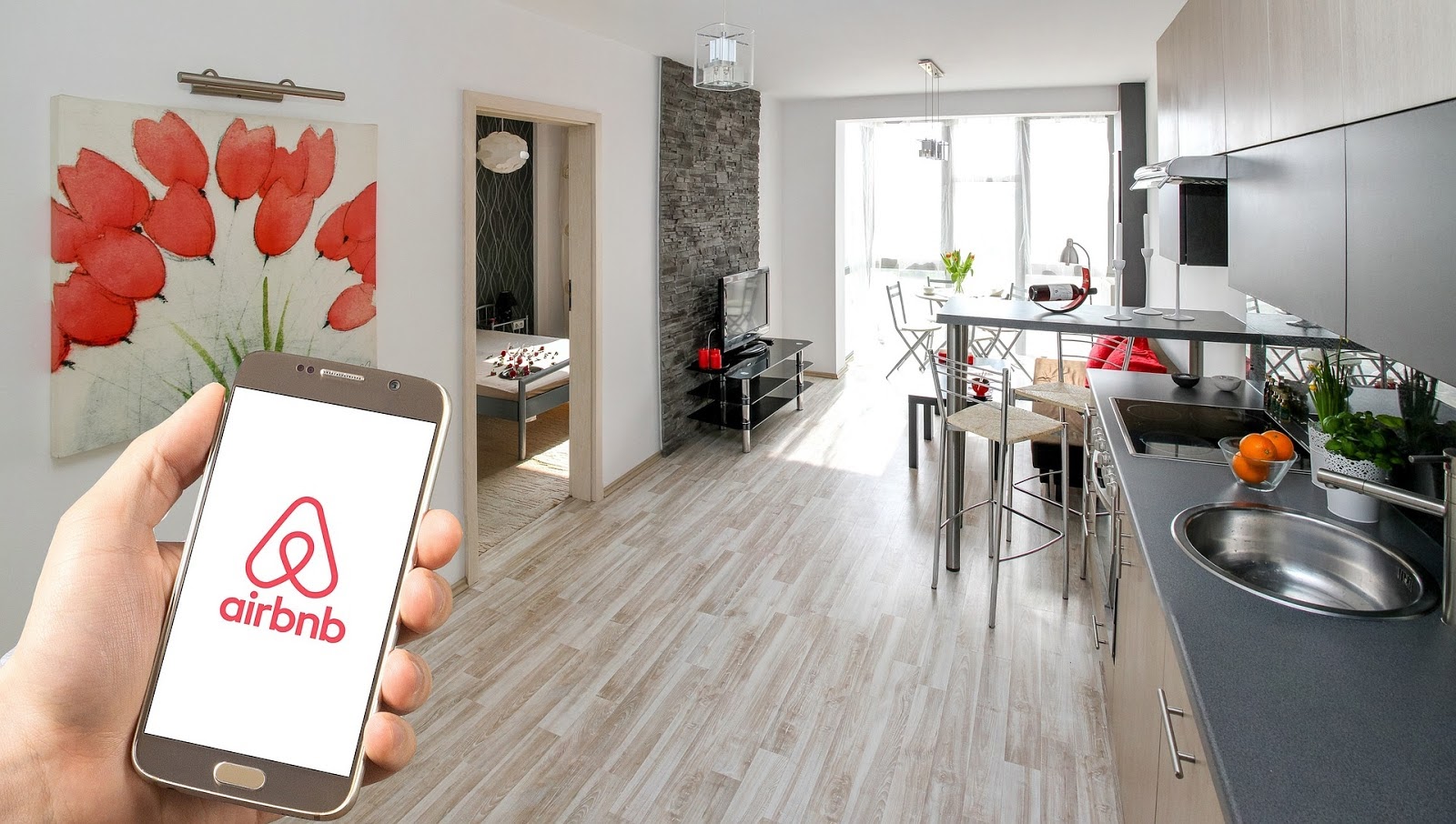Millions of Americans use Airbnb as an outstanding source of income. But short-term leasing can expose hosts to a gauntlet of local regulations. In places like New York City, where rules are strict, it can be a challenge to host on Airbnb. This article will outline the short-term leasing Airbnb laws in NYC, and how hosts can arm themselves with key compliance information for 2021.
We’ll discuss the following topics:
- What are the current Airbnb laws in NYC?
- What is Airbnb doing to change short-term rental laws?
- Can I rent my apartment on Airbnb?
- Will my landlord allow me to host on Airbnb?
What are the Current Airbnb Laws in NYC?
New York City Council recently cracked down on short-term rentals in the city. For hosts, the most significant change came from the Multiple Dwelling Law (MDL). The council has amended the MDL amended several times, and its current version prohibits un-hosted short-term rentals. An un-hosted short-term rental is a rental that lasts less than 30 days with no host on-site. These rentals must take place in buildings with three or more separate units. In other words, hosts can’t rent out an apartment for less than 30 days unless they continue to live on-site during the stay.
To ensure hosts follow this rule, New York City Council imposed a data-sharing law. This law requires hosts to share the following information if they list a property for rent for less than 30 days:
Host & Co-Host(s) information:
Name
Physical address (including apartment or unit number)
Phone number
Email
Airbnb profile ID number
Airbnb profile URL
The total amount transmitted to the host from Airbnb
The account information used to receive payments
Listing(s) information:
Physical address (including apartment or unit number)
Name of listing
Listing ID number
Listing URL
Type of property (entire home, private room, etc.)
Total number of nights booked per listing
The data-sharing requirement allows the city to regulate and tax short-term rentals. City officials can use this information from Airbnb to maintain a detailed record of active hosts and properties in New York City. However, there are some exceptions if hosts do not want Airbnb to share their information. The first exception is if hosts rent units for 30 nights or longer.
Other exemptions apply to the following situations:
- Licensed hotels, or Class B listings, noted on a city managed exemption list
- If hosts rent for four or fewer nights per quarter
- Private rooms with the capacity for two or fewer guests
- Shared rooms with the capacity for two or fewer guests
These exceptions exist because the city council wants to regulate short-term rentals when hosts are absent. Hosts living in the same building as their rental are primarily exempt from city laws but still need to pay taxes.
What is Airbnb Doing to Change Short-Term Rental Laws?
Airbnb sued New York City when they imposed the data-sharing requirement. They recently settled this lawsuit and created the mentioned exemptions, so hosts don’t have to share their information.
Also, hosts must provide explicit consent allowing Airbnb to share their information with New York City. However, if they do not provide this consent, they are forbidden from listing their property as a short-term rental.
Lastly, Airbnb provided significant data protection for hosts as a part of the settlement. In the city council’s original data-sharing ordinance, there were no safeguards protecting hosts’ personal information. Due to Airbnb’s actions, the city enacted strict privacy rules to protect hosts.
Can I Rent My Apartment on Airbnb?
The short answer is it depends. If you plan on renting an apartment for 30 days or longer, you can largely avoid New York City’s Airbnb laws. However, hosts typically need to provide lower nightly rates for extended stays. As a result, hosts may take a hit to their bottom line. Long-term rentals may also require lower management and cleaning fees, which can offset rates even further.
If you want to do short-term rentals, you need to decide if you want to rent an entire apartment or a single room. While renting an entire apartment can provide a great source of income, off-site hosts must comply with New York City MDL and data sharing regulations.
Keep in mind, if your apartment building has three or more units, you cannot provide short-term rentals unless you continue to live onsite. Alternatively, you can offer short-term stays in a portion of your apartment. While hosting private or shared rooms means lower nightly rates, you would be exempt from New York City MDL and data sharing. So you can establish income from your short-term rental while avoiding the more onerous city regulations.
Whatever path you choose, be aware that there are repercussions for violating New York City’s short-term rental laws. The Office of Special Enforcement can impose penalties of up to $2,500 per day. This office can also impose penalties for simply advertising short-term rentals that violate MDL guidelines.
NYC Airbnb Laws: Fines and Penalties
- First violation: $1,000
- Second violation: $5,000
- Third and subsequent violations: $7,500
Will My Landlord Allow Me to Host on Airbnb?
Once again, it depends. Landlords may not allow you to host on Airbnb, even if you follow MDL rules. As such, it’s best to review your lease agreement and see what it says about short-term rentals. If you’re unsure, we recommend erring on the side of caution and asking your landlord for permission. That way, you’ll have the documentation needed to list part of your apartment for short-term rentals.
Final Thoughts
New York City’s Airbnb laws certainly make hosting in 2021 more restrictive. If you want to offer short-term rentals and do not plan on staying in the building, you must comply with the city’s MDL rules. You risk incurring hefty fines if you violate these rules. However, Airbnb can provide an excellent source of extra income for hosts offering either long-term or hosted listings.
While Airbnb hosts need to follow local laws, compliance doesn’t have to be a challenge. At Shared Economy Tax, we live and breathe short-term rental taxes and compliance. Contact us to set up a strategy session!

